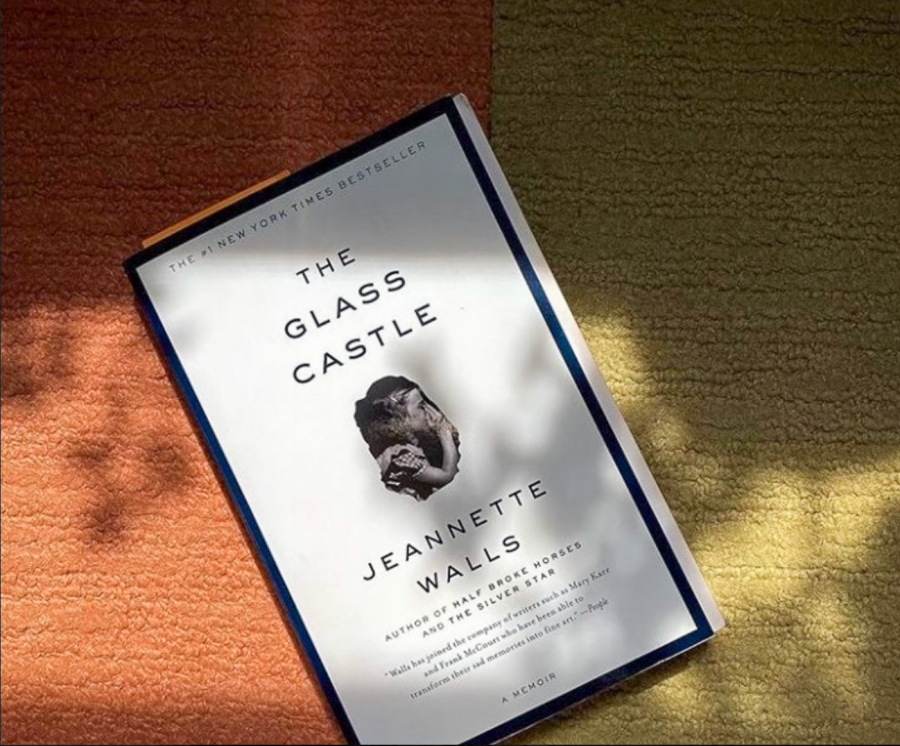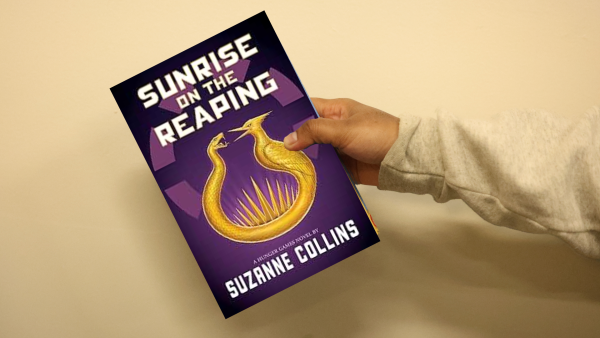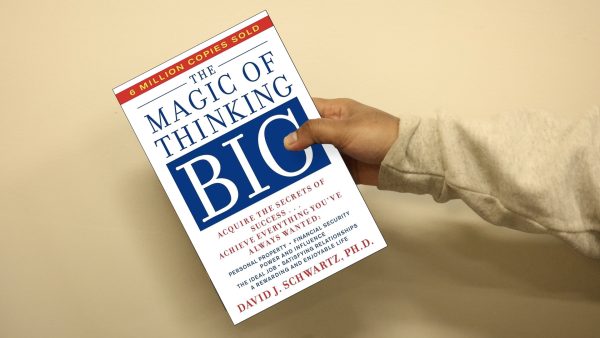“The Glass Castle”
“Life is a drama full of tragedy and comedy. You should learn to enjoy the comic episodes a little more” —Jeanette Walls, “The Glass Castle”
Sometimes as I read, I forgot that “The Glass Castle” is a memoir. The intense, seemingly unimaginable story reads as smoothly as a fictional tale. But this is the author’s life experience, and she depicts memories from a very young age that most adults can’t imagine facing.
Walls narrates the book from first person. She is a mere three years old at the start of the book, which continues throughout her adolescence, but expresses maturity far beyond her years. Though some of this is because she wrote the book much later in life, it also speaks to how quickly she was forced to grow up.
Walls was one of four siblings who, with her parents, traveled around the country committing various crimes or aversion tactics in order to stay afloat. Her father was an alcoholic who she adored sober but unfortunately feared more often than not. Her mom was an unrealistic idealist, too caught up in her own world and afraid to stand up for her kids.
Despite this heavy subject matter, the book is not nearly as sad a read as it could be. Walls writes in a very youthful and lighthearted way, telling the story through the perspective of her adolescent self. Additionally, she includes the happy or funny moments as she experienced them, rather than what may have been behind them. The reader sees the scene with the same blind optimism as young Jeanette did. The harsher reality is often explained by her siblings, Lori and Brian, who didn’t idolize their father the same way.
Though humorous at times, it can feel wrong or insensitive to laugh or smile at lines in the book. However, I think that was Walls’ intent. She did not set out to write “The Glass Castle” in search of pity for her life. Walls is a talented and successful author who simply shared her reality and how living it can affect one’s view on the world.
As terrible as it is to think, there are plenty of readers who see reflections of their own family in the story and may benefit from seeing that they aren’t alone. The book’s dedication alone shows that Walls herself had needed this reminder, as she thanked her husband for convincing her “that everyone who is interesting has a past.”
“The Glass Castle” is an attention-grabbing book that is hard to put down and easy to speed through. But it is also incredibly inspirational. Reading through someone’s worst times while knowing the success and happiness they were able to find despite it, has that effect. However, one’s childhood and upbringing is a large part of who they are.
The book opens with a scene of Walls’ adult life as she drives past her mom dumpster-diving on her way to an event. She had not seen her mother in months and was filled with embarrassment and panic at the sight of her, not wanting to interact. She was ashamed of her parents and wanted to help them to live their lives differently. Despite this, she thanks them both and credits them with her belief in art and dreaming big. It is a real and perfectly imperfect hook into the story of how this dynamic came to be.

Julianna Morales is a senior from Pittsford, N.Y., majoring in psychology with a double minor in English and disability studies. Julianna joined the Ram...













































































































































































































